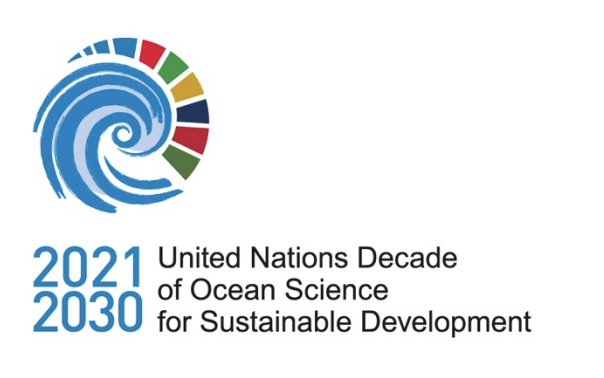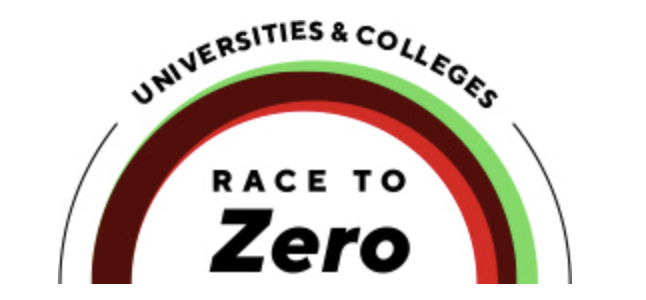I passed my first hour on Isabela supine under palm shade, legs and arms akimbo as I released into the kind of deep sleep that occurs only when your body knows it can finally and fully give in. When my eyelids eventually fluttered open, they took in the white sand, tropical palm fronds, turquoise water, and blue sky. 'Am I in paradise?'
I remember asking myself. Indeed, I had landed in an eden of wild and endemic species, varying landscapes from black lava fields and flamingo-lined ponds to ominously overgrown forests and endless coastlines. However, as much as my two years in the Galápagos Islands were characterized by unparalleled nature, the experience was boldly defined by the unique opportunity to teach and learn from the local villagers, los isabeleños.
From 2007-2009, I lived in Puerto Villamil, Isabela, where I taught at the Colegio Fray Agustín Azkúnaga, in collaboration with the non-profit Isabela Oceanographic Institute. With less than a year teaching experience, and a brand new teaching certificate, I entered the open-air classrooms of the high school with equal parts naïveté and enthusiasm. Over the course of the next two years, I came to know my students alongside their families, all part of an interconnected community on a small island in the Pacific. It is the mix of Latin American culture woven into interdependence and intimacy, set within a dramatically unique environment. For me, this was paradise.
English class began with group projects surveying and analyzing the level and type of English usage on the island. From here, students discussed advantages of learning English, including the potential for becoming a naturalist guide, a career that many aspired to attain. With this motivation, students researched, practiced and finally performed interpretive talks on animals and tourist destinations during field trips with a panel of invited guests. Other highlights included guest speaker question and answer sessions, student-written role-plays, interactive games, and even having students come voluntarily to my free evening English classes for adults.
However, class time wasn’t always easy, as any teacher can attest. As I learned more about my students’ backgrounds and histories, I understood the many challenges they had overcome, as well as the trials they were still battling: broken families, alcoholism, abandonment, abuse, and teenage pregnancies. Laying in a hammock with a pile of homework papers, my heart broke to read a 13-year-old girl’s wish to have her dad, who lived on the island, give her a hug or say happy birthday, just once. I soon realized my biggest hurdle wasn’t teaching grammar; my struggle came in helping my students recognize their self worth and potential. While I found small rewards in team building activities, self-reflection surveys, and letter writing, I also saw how home struggles correlate into disruptive or defiant behavior, or a simple lack of hope for future successes.
The excitement, stimulation, reward, and tribulations of the classroom were balanced out by the friendships I made within the community. Walking home from school, a family would invite me over to eat freshly prepared ceviche, from fish caught that morning. Surfer friends would daily whistle from outside the mission gates where I lived to call me out for an afternoon session. Doña Fanny would cheerfully call my name, “¡Laurita, tienes una carta!” from the seascape painted mural outside the post office. Everyone, from the 4-year-old daughter of the neighboring grocer, to toothless, smiling Don Plutarco, would greet me with kind words and big smiles. For Thanksgiving, the handful of other international friends gathered with locals to celebrate our U.S. traditions of sharing food together. Each day was truly a shining shell, resplendent in its beauty and simplicity.
Now, looking back, I am still ever grateful for the experience I had on Isabela. Four years later, I am still teaching, now with a master’s in Spanish and ESL (English as a Second Language), working with junior and high school age kids in Utah. Working in education on Isabela taught me that teaching is never easy, that victories can be subtle or hidden, and that all humans deserve support and self-love. I look forward to the day when I go back, when I swim with sea turtles, drink fresh agua de coco, and surf perfect waves. But mostly, I look forward to seeing the faces of my old friends, perhaps grown, perhaps changed, but always rooted in the magic and love that is Isabela.
Laura B. – english teacher volunteer

















